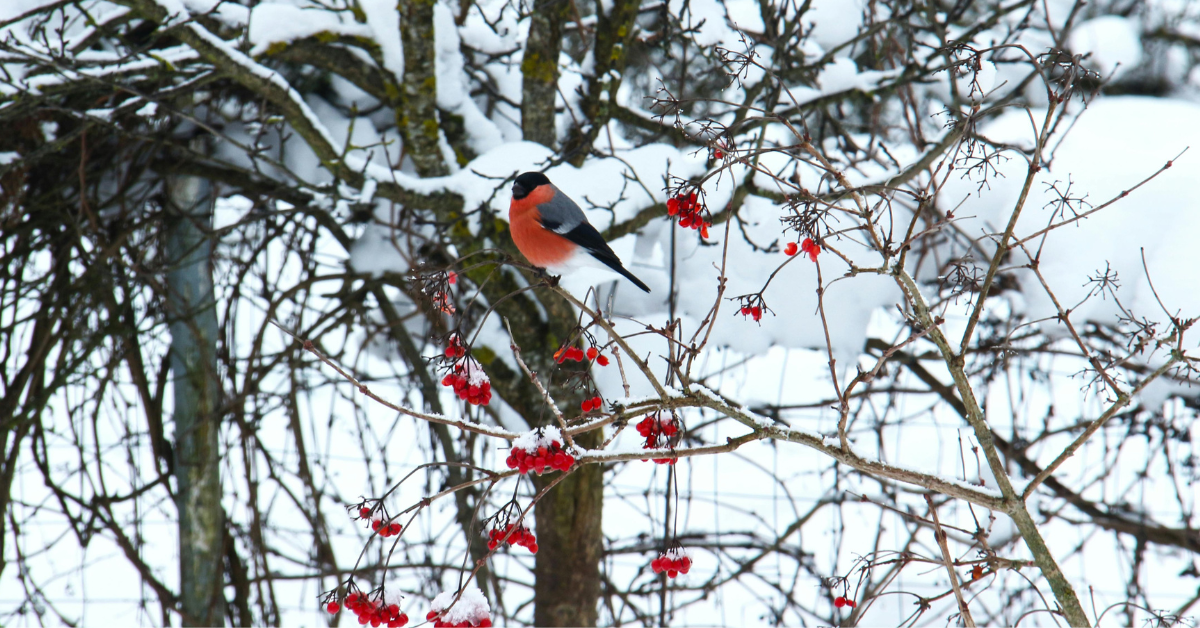Winter Wellness: The Benefits of Spending Time Outdoors
As the days grow colder and shorter, it’s tempting to retreat indoors and hibernate until spring. However, what if stepping outside could be the key to feeling better, both mentally and physically?
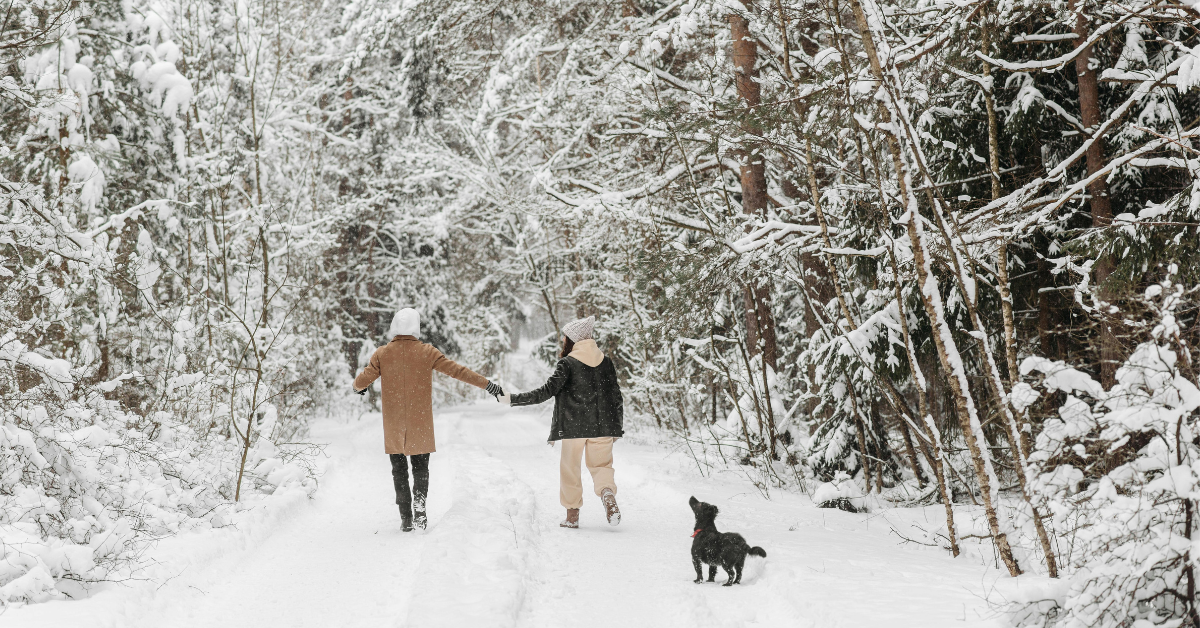
Whether it’s a brisk walk, a hike in a local park, or even just a moment spent in the garden, embracing the outdoors during winter offers a wealth of health benefits. In this blog, we’ll explore how spending time outside during winter can combat seasonal blues, improve overall well-being, and even boost your immune system.
Why Getting Outside is Vital for Winter Well-being
When winter hits, many of us instinctively stay indoors, leading to feelings of isolation, low energy, and even "cabin fever." But getting outside is one of the simplest ways to combat these issues. Studies have shown that spending time in nature can significantly boost both mental and physical health.

Mental Health Benefits: Nature is a Stress Buster
Did you know that being outdoors can reduce stress and improve your mood? Here’s how nature can help:Lower Stress Hormones:
Spending even a short time in nature can reduce levels of cortisol, the stress hormone, while increasing serotonin and dopamine—your “feel-good” hormones.
Improved Mood and Reduced Anxiety:
Research by the University of York found that nature-based activities led to a 12.7% improvement in mental well-being and reduced feelings of burnout by 16%.
Combating Seasonal Affective Disorder (SAD):
Exposure to natural daylight boosts Vitamin D levels, which can alleviate symptoms of SAD, a type of depression triggered by reduced sunlight in winter.
If you’re struggling to find the motivation to leave your warm sofa, try committing to small daily outings. Even a 20-minute walk, perhaps through your allotment, can help break the cycle of lethargy and isolation.
Mental Health Benefits: Nature is a Stress Buster
Did you know that being outdoors can reduce stress and improve your mood? Here’s how nature can help:
Lower Stress Hormones:
Spending even a short time in nature can reduce levels of cortisol, the stress hormone, while increasing serotonin and dopamine—your “feel-good” hormones.
Improved Mood and Reduced Anxiety:
Research by the University of York found that nature-based activities led to a 12.7% improvement in mental well-being and reduced feelings of burnout by 16%.
Combating Seasonal Affective Disorder (SAD)
Exposure to natural daylight boosts Vitamin D levels, which can alleviate symptoms of SAD, a type of depression triggered by reduced sunlight in winter.
If you’re struggling to find the motivation to leave your warm sofa, try committing to small daily outings. Even a 20-minute walk, perhaps through your allotment, can help break the cycle of lethargy and isolation.
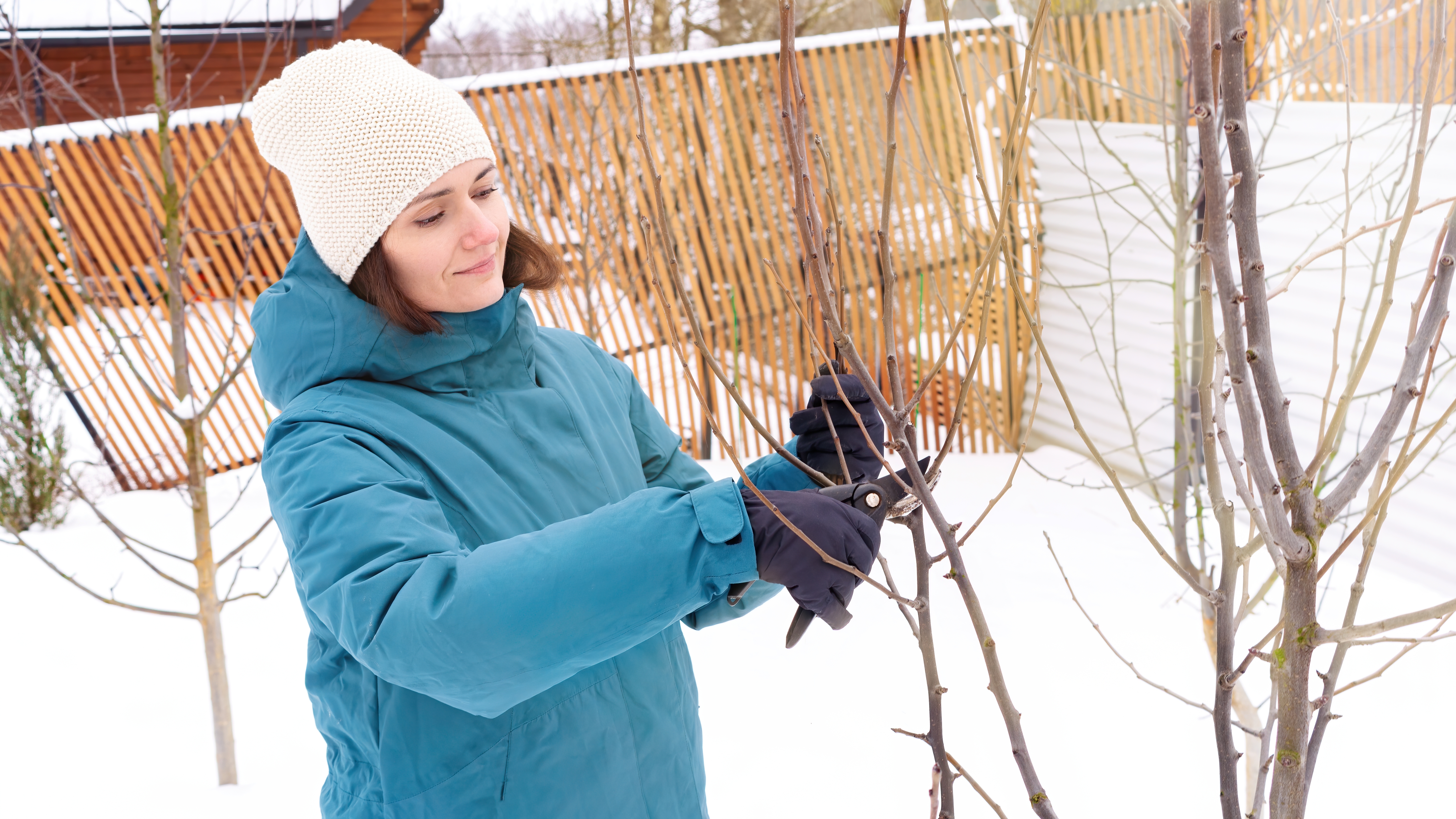
Social Benefits: Get Outside, Together
Outdoor activities are also a great way to connect with others, a key factor in combating loneliness. Whether it’s a group hike, a community event, a simple walk with friends, or having a chat on the allotment, socialising in natural settings can significantly boost your mood.Physical Health Benefits: A Stronger Body and Immune System
Winter often brings sniffles and colds, but getting outdoors can help strengthen your immune system and keep you active:Exercise in Fresh Air:
Outdoor physical activity boosts cardiovascular health and strengthens muscles. Even simple activities like walking or cycling can keep you fit.
Reduced Risk of Depression:
A UK Biobank study found that people who spend at least 2.5 hours outdoors per week had better sleep, improved moods, and a lower lifetime risk of depression.
Health Benefits of Spending More Time Outdoors; Research Reveals Daily Fix of Sunshine Enhances Mood, Sleep, Lowers Depression Risk
Immune Boosting:
Fresh air and physical activity in natural environments help your immune system respond more effectively, reducing your chances of catching winter colds.
How Often Should You Get Outside?
Aim to spend at least two hours per week outdoors. This could be broken down into shorter daily sessions, such as 20-minute walks. Studies suggest that this small amount of exposure to green spaces or natural light can have lasting benefits for your mental and physical well-being.The Best Winter Activities to Keep You Active
Winter doesn’t have to limit your options for staying active. Consider these outdoor activities to mix up your routine:
Walking & Hiking:
Explore local parks or nature reserves. Use apps like OS Maps to find beginner-friendly routes in your area.
Cycling:
Enjoy off-road cycling or mountain biking for a dose of adrenaline.
Wild Swimming or Paddle boarding:
For the adventurous, these activities can provide a refreshing challenge (with the right safety precautions).
Running:
Keep it simple and run around your neighbourhood or try out local trails.
Winter gardening
is an excellent form of exercise, even when other outdoor activities slow down. Preparing your allotment for the next growing season—digging over soil, clearing debris, or maintaining your tools—keeps you moving and helps you stay fit.
Don’t feel pressured to invest in expensive equipment or learn a new skill overnight. Start small with accessible activities and enjoy the journey.
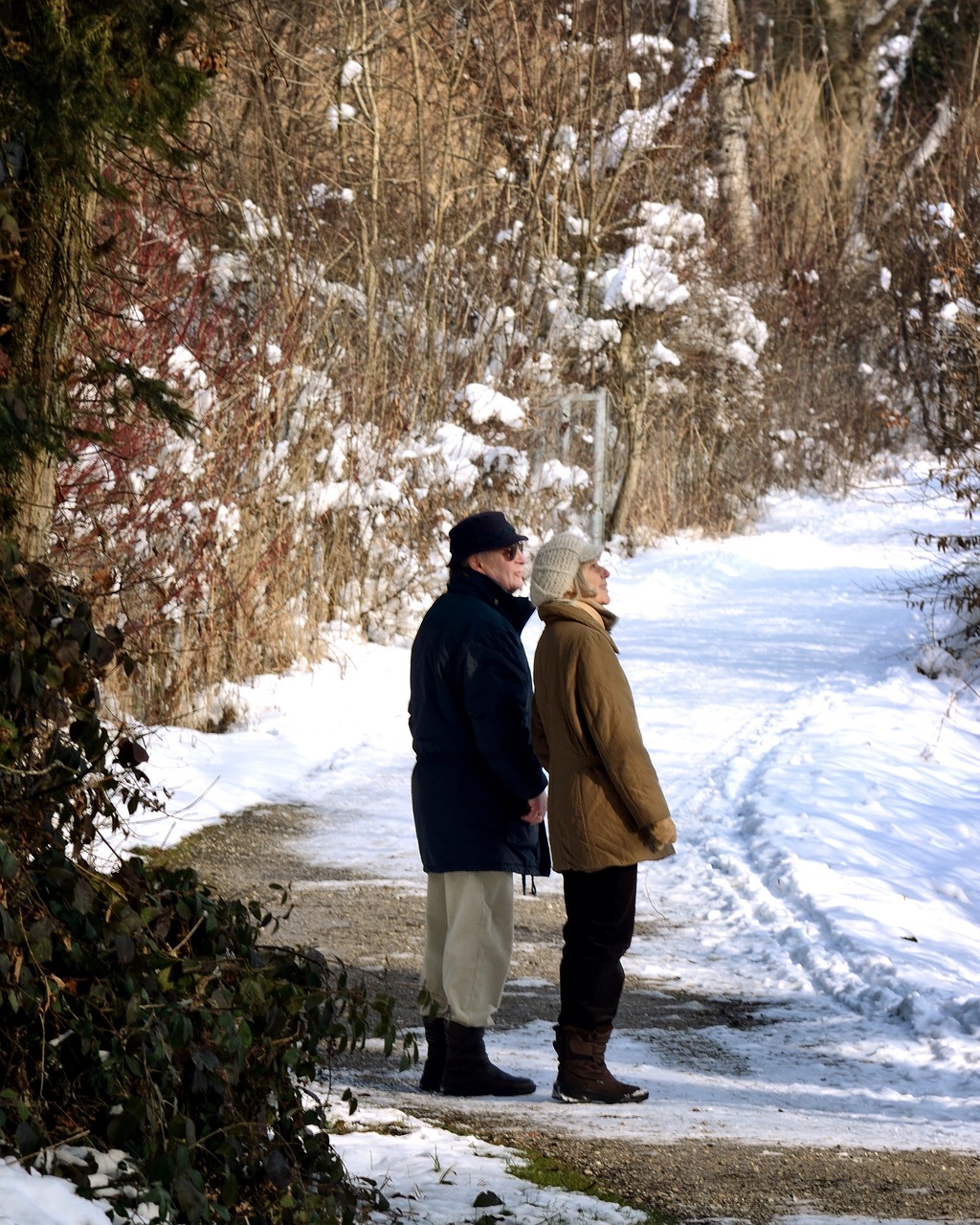
The Impact of Natural Environments
Different types of natural environments offer unique health benefits:
Green Spaces:
Parks, forests, and fields provide calmness and help reduce anxiety.
Blue Spaces:
Being near water, such as rivers or lakes, promotes relaxation and enhances focus.
Forest Bathing:
Spending time in wooded areas, simply observing and enjoying the surroundings, can significantly reduce stress levels.
As an allotment holder, winter’s crisper, fresher air can help clear your mind. The act of gardening, even during the colder months, can be incredibly therapeutic. Whether you’re weeding, cutting back old growth, or preparing soil for the spring, gardening offers a form of moving meditation. Take regular breaks to sit and breathe deeply, perhaps in a sunny patch of your allotment, to engage both body and mind. Focus on the natural surroundings, the rhythm of your movements, and the task at hand—being present in the moment can clear away mental clutter.
Practical Tips for Getting Outside in Winter
Dress for the Weather:
Layer up to stay warm and comfortable. Invest in good winter gear or borrow what you need.
Plan Ahead:
Block out time in your diary for outdoor activities and treat them as a non-negotiable part of your routine.
Explore Your Local Area:
Use apps like OS Maps to discover nearby trails and routes.
Start Small:
Incorporate outdoor time into your daily routine, such as a quick walk during lunch or coffee breaks.
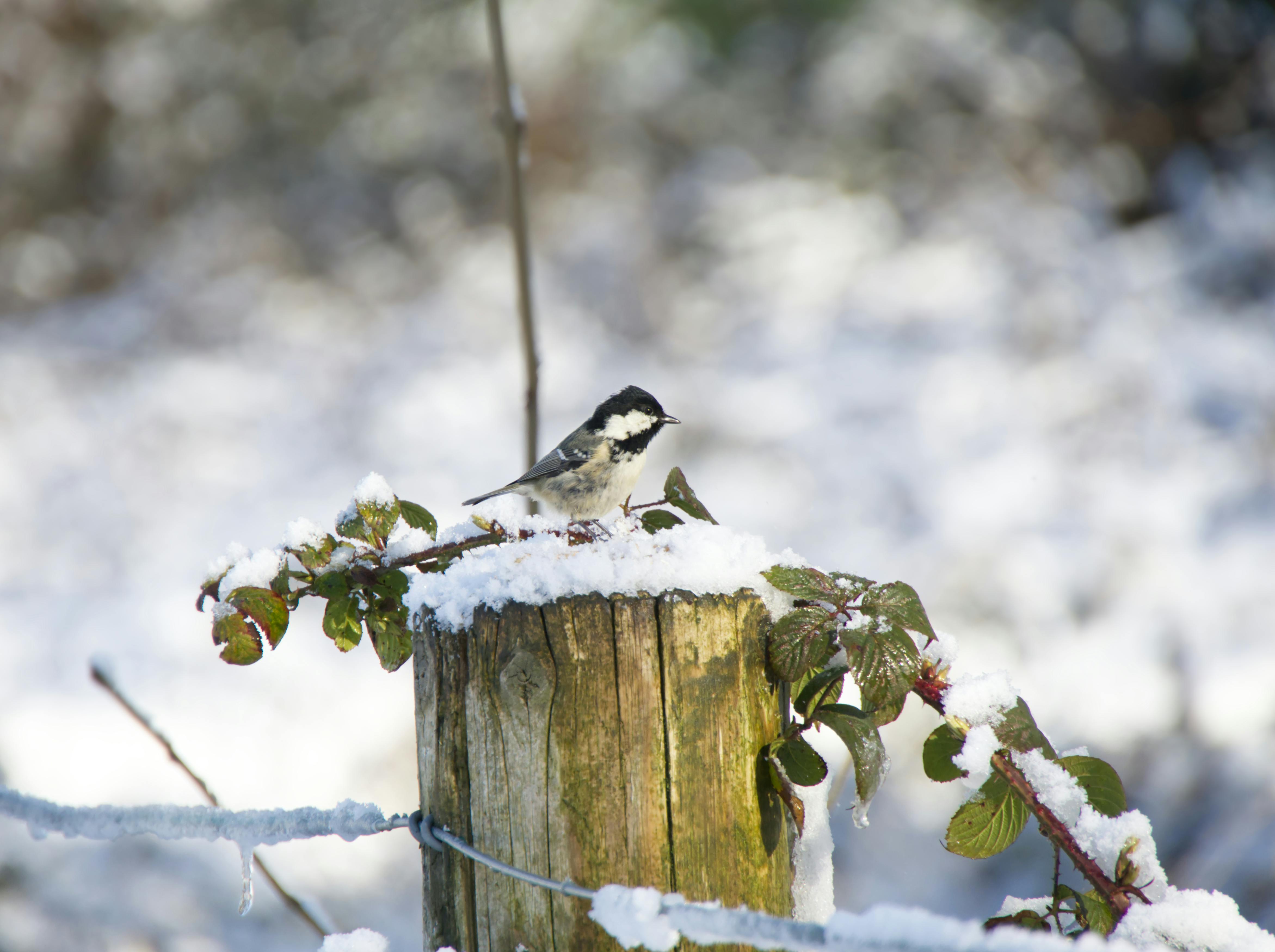
Routine and Purpose: Finding Structure in Winter
Short winter days and colder weather can make it easy to lose motivation and fall out of regular routines. Spending time outdoors, however, helps create a sense of structure and purpose during the winter months. A planned walk, a regular visit to your allotment, or even stepping outside to check on plants or wildlife can give your day a clear focus and something positive to look forward to.
This sense of routine is closely linked to improved mental well-being. Knowing you have a reason to get outdoors can boost motivation, reduce feelings of lethargy, and help maintain healthy sleep patterns. Over time, these small, regular habits can make winter feel more manageable and more rewarding.
Mindfulness and Mental Clarity: Slowing Down Outdoors
Winter landscapes are often quieter and less visually busy, making them ideal for slowing down and reconnecting with the present moment. Time spent outdoors encourages mindfulness, helping you step away from constant distractions and focus on what is happening around you. The sound of birds, the feel of cold air, and the changing light can all help ground your thoughts and calm a busy mind.Activities such as walking, gentle exercise, or winter gardening naturally promote mental clarity. Repetitive tasks like clearing beds, pruning, or tidying paths allow your mind to settle while your body stays active. Many people find that even a short period spent outdoors leaves them feeling calmer, more focused, and better able to cope with the demands of daily life.
Embrace the Beauty of Winter
Getting outside during winter is more than just a way to stay active—it’s a powerful tool for boosting mental clarity, improving your mood, and enhancing overall health. So, wrap up warm, step outside, and let nature work its magic.
Your body and mind will thank you!
left column
right column
